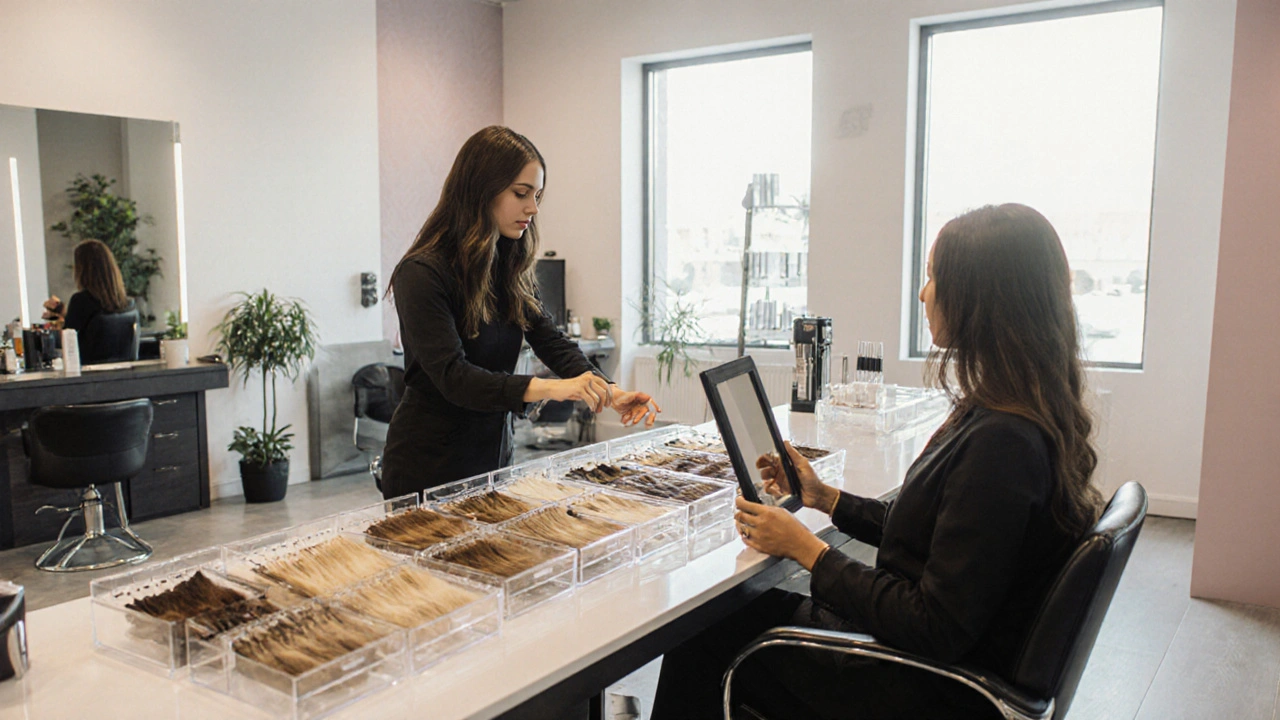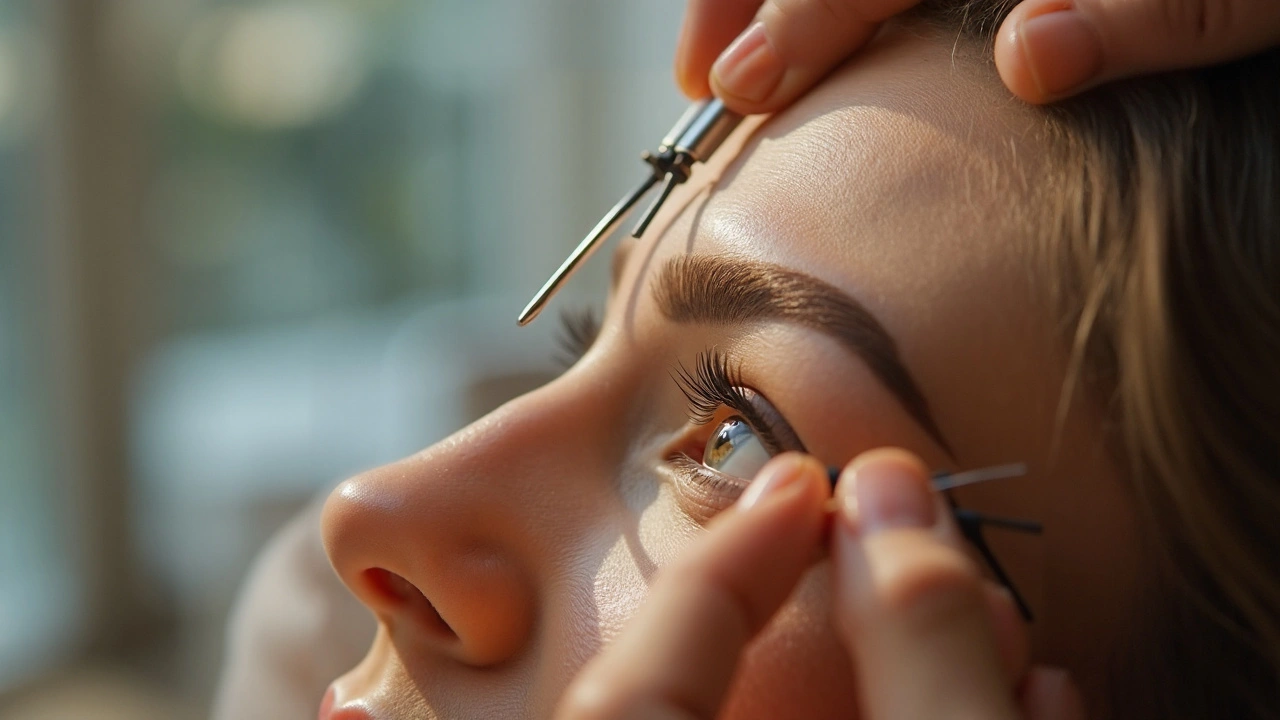Hey there! If you stopped by our blog last month, you probably saw a mix of beauty advice and health warnings. We covered everything from the hairstyles people regret the most to the hidden dangers of some popular supplements. Below is a quick run‑through of the four posts that made the cut, plus a few takeaways you can use right now.
The "Top 10 Worst Haircuts You Should Avoid in 2025" post broke down the styles that most folks regret. We highlighted the mullet resurgence, the bowl cut comeback, and a few over‑textured looks that just don’t work on everyday life. For each fail, we added a tip on how to fix it—whether that means a simple trim, adding layers, or switching to a softer texture. The goal is to help you spot a bad haircut before you sit in the chair.
On the brow side, our "Eyebrow Microthreading Explained" article walked you through what the technique looks like, why it can be a better fit than microblading for some skin types, and how to care for your brows after the session. The key point? Keep the area clean, avoid heavy creams for 24 hours, and use a gentle sunscreen to protect the new pigment. If you’re curious, the post also listed the best candidates—mostly people with fine or oily skin who want a semi‑permanent boost without the needle work.
Supplements can sound like a quick fix, but our "When Supplements Can Be Dangerous" guide warned about hidden risks. We showed real‑world examples where high doses of vitamin D caused kidney issues and where certain weight‑loss pills interacted badly with prescription meds. The red flags to watch for include “natural” claims without FDA approval, proprietary blends that hide ingredients, and pricing that seems too good to be true. Our safety checklist helps you ask the right questions before you buy.
Finally, the "Home Inhalations with Drugstore Solutions" post gave a step‑by‑step on using over‑the‑counter saline mixes and essential oils safely. We explained why plain saline is the safest choice for a nebulizer, how to avoid oil‑based products that can damage the device, and what temperature range works best for a steam bowl. The article also listed a few DIY recipes—like a simple half‑cup of saltwater with a pinch of baking soda—that can soothe congestion without a prescription.
All four pieces share a common thread: practical advice you can act on today. Whether you’re booking a haircut, trying a new brow technique, checking a supplement label, or setting up a home steam session, the takeaway is to stay informed and ask questions. If any of these topics sparked interest, dive back into the full posts for deeper tips and examples.
That’s the September roundup in a nutshell. Keep an eye on our blog for more straightforward guides that cut through the jargon and give you real, useful info.

Discover which hair extension method tops the charts in 2025, why tape‑ins lead, and how to pick, care for, and maintain the best extensions for your lifestyle.

Learn how decentralized oracles bridge real‑world data to blockchains, avoid single‑point failures, and secure smart contracts with multi‑source consensus.

Learn what a hardware wallet is, how it secures crypto, and get a step‑by‑step guide to choose, set up, and protect your digital assets.

Discover what eyebrow microthreading is, how it works, its advantages over other brow methods, who it's best for, and essential aftercare tips.

Discover the haircut styles that most people regret. From mullets to bowl cuts, learn why they flop and how to fix them. Real examples, easy tips, and a quick cheat‑sheet included.

Learn why some dietary supplements turn harmful, spot red flags, and protect your health with practical safety tips and real‑world examples.

What to use in your nebulizer or steam bowl at home, what to avoid, and how to do it safely. Evidence-backed guide to OTC inhalation solutions in 2025.